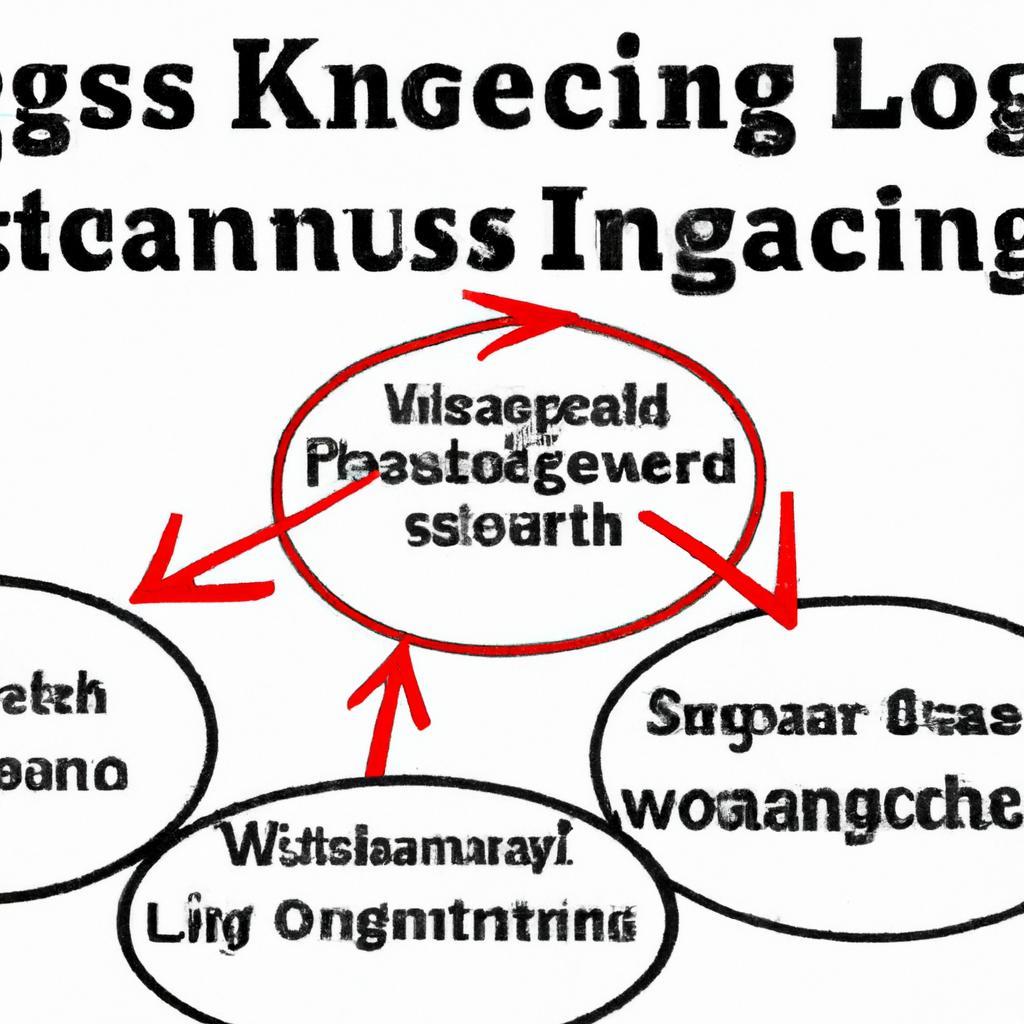In a world flooded with fad diets, conflicting advice, and alluring promises of quick fixes, the journey of weight loss can often resemble a labyrinth shrouded in mystery. Navigating this maze requires not only determination but also a clear understanding of the science that underpins weight management. Unfortunately, misconceptions abound, leading many to chase after elusive goals or adopt unsustainable habits. In this article, we aim to peel back the layers of misinformation, illuminating the path to scientific success in weight loss. By dissecting common myths and providing evidence-based insights, we empower readers with the knowledge needed to embark on a healthier, more informed journey. Join us as we debunk these misconceptions and pave the way for sustainable change, one fact at a time.
Challenging Myths and Misunderstandings in Weight Loss Strategies
Many individuals approach weight loss armed with a collection of myths that can hinder their progress. Let’s examine some of these pervasive misconceptions:
- Myth 1: All calories are the same.
- Myth 2: Carbohydrates are the enemy.
- Myth 3: Skipping meals will accelerate fat loss.
- Myth 4: Supplements can replace a healthy diet.
- Myth 5: You should avoid fats to lose weight.
Understanding the science behind these misconceptions is crucial for creating a sustainable weight loss strategy. For instance, while it’s true that a calorie deficit is necessary for weight loss, the source of those calories — whether it be from proteins, fats, or carbohydrates — may have differing effects on metabolic health and satiety. Additionally, maintaining regular meal patterns can help regulate hunger hormones, contributing to better long-term results. Knowledge is power when it comes to making informed choices on the journey to achieving your weight-loss goals.
Evidence-Based Insights for Sustainable Weight Control and Health
In the journey toward effective weight management, separating fact from fiction is crucial. Many popular beliefs about weight control are misleading and can hinder progress. To foster a deeper understanding, consider these **evidence-based insights**:
- Caloric Balance: Weight loss is not merely about cutting calories but ensuring a sustainable caloric deficit through balanced nutrition.
- Macronutrient Quality: The source of calories matters; prioritizing whole foods over processed items leads to better satiety and nutrient intake.
- Physical Activity: Exercise enhances metabolism and supports weight loss but should be complemented with a well-rounded nutrition plan.
- Mental Health: Stress and emotional wellness play crucial roles in weight control; mindfulness practices can aid in developing healthier habits.
Additionally, consider the following **table** showcasing effective strategies and their scientific backing:
| Strategy | Scientific Backing |
|---|---|
| High-Intensity Interval Training | Studies suggest it burns more fat than steady-state cardio. |
| Fiber-Rich Foods | Increases fullness and aids digestive health. |
| Regular Meal Patterns | Helps regulate hunger hormones and improve metabolism. |
These insights provide a sound foundation for anyone seeking to navigate the complexities of weight control effectively and sustainably.
In Conclusion
navigating the intricate landscape of weight loss can often feel overwhelming, especially when faced with a myriad of conflicting information and persistent myths. By demystifying these misconceptions and grounding our understanding in scientific evidence, we can cultivate a more effective, sustainable approach to our health and wellness journeys. Remember, weight loss isn’t merely a number on a scale; it’s a holistic endeavor that encompasses nutrition, physical activity, mental well-being, and lifestyle choices. As we move forward, let’s embrace the science, challenge the myths, and empower ourselves with knowledge. After all, understanding the truth behind weight loss not only enhances our chances for success but also fosters a healthier relationship with our bodies and ourselves. Thank you for joining us on this enlightening exploration, and may your journey toward balance and wellness be both fulfilling and enlightening.

